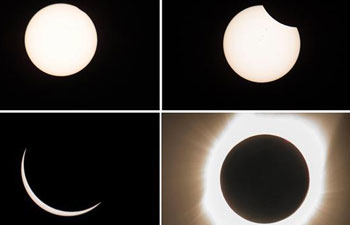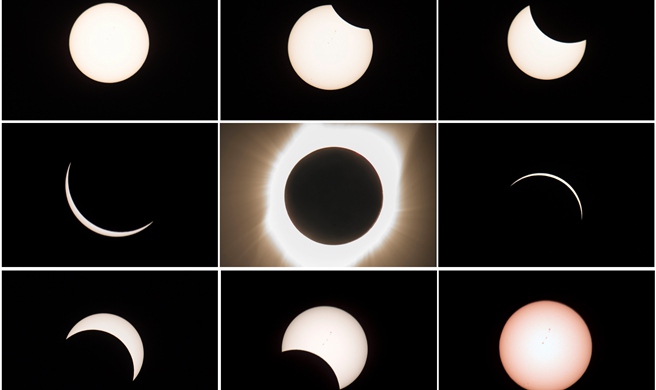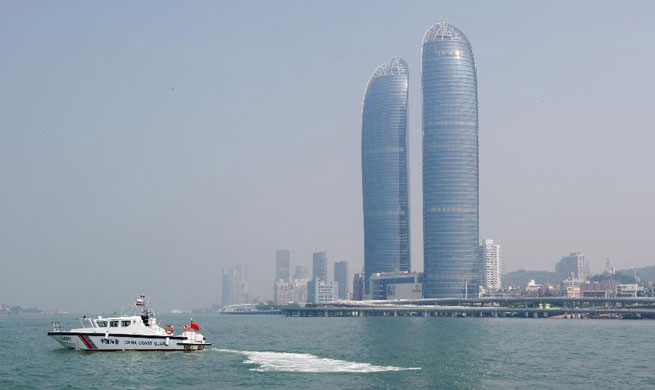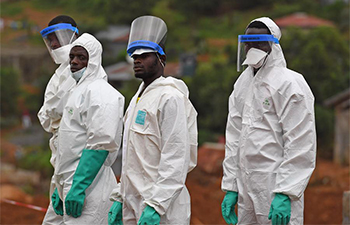WASHINGTON, Aug. 22 (Xinhua) -- A new U.S. study has found that exposure to city lights might increase the risk of breast cancer, reports said Monday.
Peter James, assistant professor of population medicine at Harvard Pilgrim Health Care Institute, and his colleagues, tracked almost 110,000 U.S. women, followed as part of a study of nurses from 1989-2013.
The study found a direct relationship between a woman's neighborhood nighttime light level before diagnosis and her later risk of developing breast cancer: the higher the light level, the higher the risk, an AP report said.
"In our modern industrialized society, artificial lighting is nearly ubiquitous. Our results suggest that this widespread exposure to outdoor lights during nighttime hours could represent a novel risk factor for breast cancer," a Harvard news release quoted James as saying.
The study, published in August on the journal Environmental Health Perspectives, adds a strong piece of evidence to the growing body of studies supporting the idea that excessive electric light exposure at night increases a woman's risk of breast cancer, said the report.
Earlier research had suggested that high levels of exposure to light at night disrupts the body's internal clock. That might lower levels of melanin -- a hormone that has been shown to have strong anti-cancer effects in lab rats. This in turn might boost the risk of break cancer.
James' group used nighttime satellite images and records of night shift work to help figure out the amount of nighttime light each women might have been exposed to, a Chicago Tribune report said.
But some experts say it's just too soon to take anything concrete from this research, it said.
"Although circadian rhythm disruption may be a factor in increasing the risk of cancer, it could be other factors related to working at night as well," Stephanie Bernik, chief of surgical oncology at Lenox Hill Hospital in New York City, was quoted by the report as saying.

















